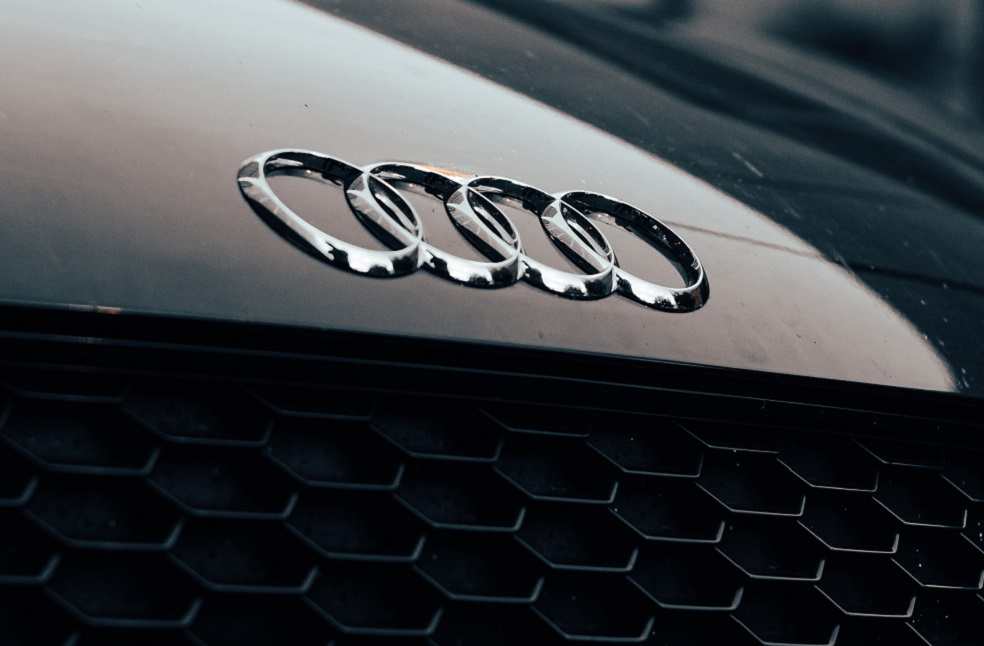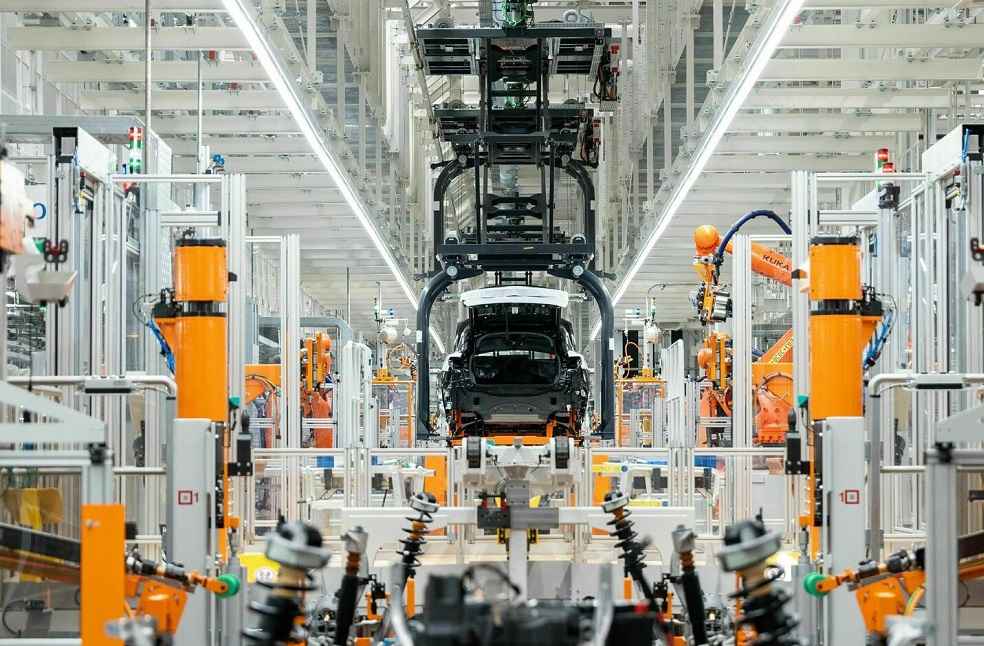U.S. 25% tariff on imports from Mexico and Canada, alongside a new 10% duty on Chinese imports, is set to significantly impact the automotive sector of these countries. Approximately 90% of vehicle exports from Mexico and Canada are destined for the U.S., according to the Mexican Automotive Manufacturers’ Association (AMIA) and the Canadian Vehicle Manufacturers’ Association. The tariff, effective from February 4, is likely to disrupt supply chains and raise vehicle costs.
Automakers at Risk
The tariffs have raised concerns across the global car industry, particularly among German automakers, with Volkswagen expected to be the most affected. Industry leaders have warned that the tariffs will drive up costs for consumers, potentially fueling inflation.
Audi
Volkswagen’s Audi facility in San Jose Chiapa, Mexico, which employs over 5,000 workers, produced nearly 176,000 Q5 vehicles in 2023. In the first half of 2024, around 40,000 units were exported to the U.S., according to AMIA.

BMW
BMW’s plant in San Luis Potosi, Mexico, manufactures the 3 Series, 2 Series Coupe, and M2 models, with most production allocated to the U.S. and international markets. From 2027, the plant is set to produce the all-electric Neue Klasse model.
Ford
Ford operates three plants in Mexico, including an engine facility in Chihuahua and two assembly plants in Cuautitlán and Hermosillo. In the first half of 2024, nearly 196,000 Ford vehicles were exported from Mexico to North America, with 90% destined for the U.S., according to AMIA. Ford’s Canadian operations include an assembly plant in Oakville, which is expected to manufacture a larger gas-powered F-Series pickup truck from 2026.
General Motors (GM)
GM imported approximately 750,000 vehicles from Canada and Mexico into the U.S. in 2024, with the majority built in Mexico. The company’s key exports include popular models such as the Chevy Silverado and GMC Sierra pickup trucks, along with mid-sized SUVs. Its Mexican plants also manufacture electric versions of the Equinox and Blazer SUVs. In Canada, GM operates three facilities producing electric vans, Silverado Heavy Duty trucks, and V8 engines.

Volkswagen
Volkswagen’s Puebla facility, the largest auto plant in Mexico and one of the largest in the group, produced nearly 350,000 vehicles in 2023, including the Jetta, Tiguan, and Taos, primarily for U.S. exports. In Canada, Volkswagen is investing up to C$7 billion ($4.9 billion) to build a battery gigafactory in St. Thomas, Ontario, with production expected to commence in 2027.
Impact on Auto Suppliers
The tariffs are expected to affect several major automotive suppliers operating in Mexico and Canada.
Autoliv: The Swedish company, the world’s largest manufacturer of airbags and seat belts, employs around 15,000 staff in Mexico.
Michelin: The French tire maker operates two plants in Mexico (Queretaro and Leon) and three in Canada (Pictou, Bridgewater, and Waterville).
Yanfeng: The Chinese seat manufacturer supplies components to GM and Toyota from its Mexican facilities.
DON’T MISS | Nissan Cuts 9,000 Jobs, Slashes Capacity by 20% in Global Restructuring





